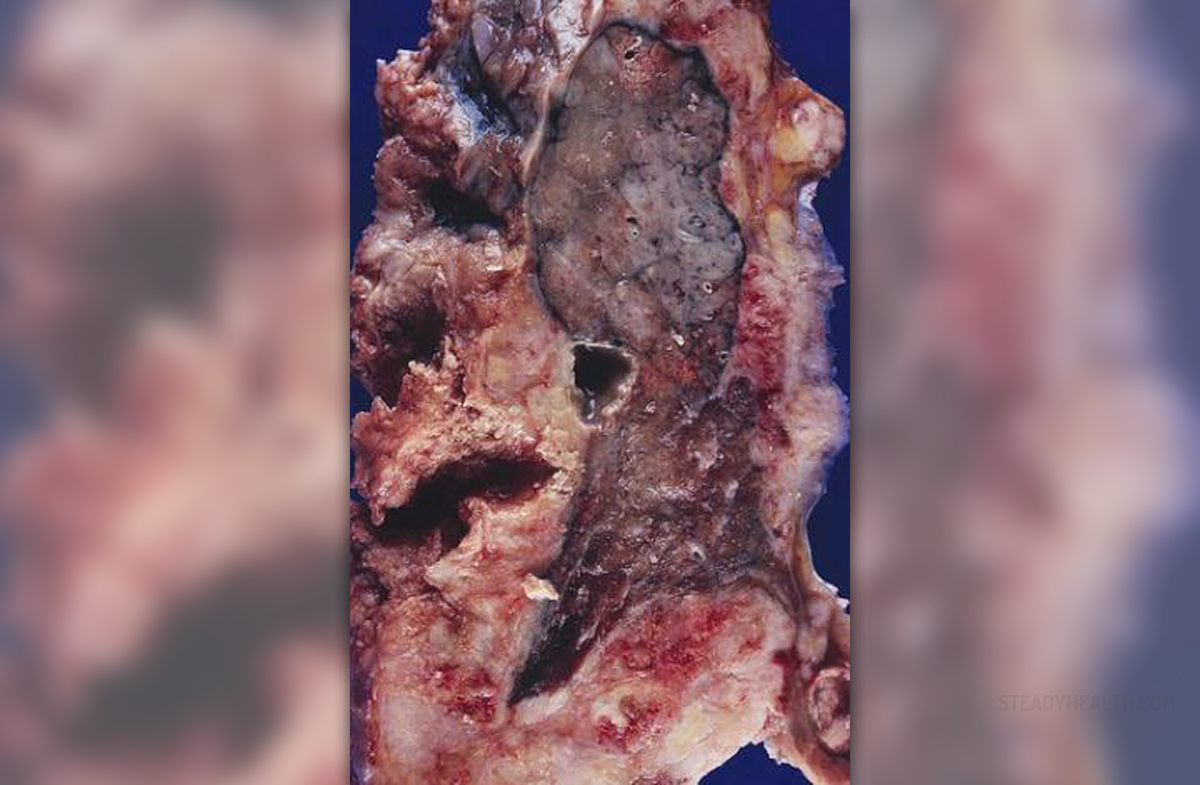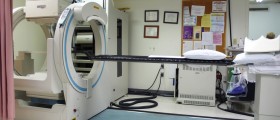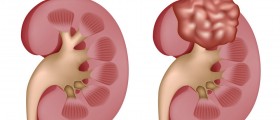
Mesothelioma
Mesothelioma is a malignant tumor of pleura and in rare cases it can also affect peritoneum or pericardium. It most commonly affects people with previous history of exposure to certain substances. Prolonged exposure to asbestos is one of the leading causes of malignant mesothelioma.Diagnosing Mesothelioma
The diagnosis is in majority of patients set three to six months after the onset of the disease. The patients commonly complain about chest pain, difficulties with breathing and in case of peritoneal mesothelioma pain in the abdomen. The doctor will ask some questions and then perform physical examination. Patients may mention previous exposure to asbestos which may be of significant help in setting of the diagnosis.
Further testing includes chest X ray, CT scan of the chest, MRI of the chest and/or PET scan. These imaging methods will confirm the presence of the tumor, its size and localization and its relation towards the surrounding structures and potential spread onto the nearby tissues. The doctor may assume that patients are suffering from mesothelioma according to the previously mentioned imaging methods. Still, until the tumor is pathohistologically confirmed the diagnosis is not definitive.
The next step is biopsy of the tumor. Fine needle aspiration is a perfect method of obtaining the tumor cells. Namely, mesothelioma causes accumulation of fluid inside the pleura. During fine needle aspiration a doctor eliminates the fluid and obtains samples which are going to be pathohistologically examined. The very tumor can be biopted during thoracoscopy. Thoracoscopy is a medical procedure in which a doctor examines the interior of the chest cavity and performs a biopsy of the suspicious tissues. In case of peritoneal mesothelioma a doctor performs laparoscopy to perform a biopsy of the tumor. And finally, mediastinoscopy allows a doctor to investigate mediastinal lymph nodes and determine whether the tumor has spread and affected mediastinal lymph nodes. The definitive diagnosis is set after pathohistological examination of the biopted tissue.
Treatment of Mesothelioma
The treatment includes surgery, radiation or chemotherapy and in some cases even combination of all three treatment modalities. The treatment basically depends on the type of the tumor and its localization, the size of mesothelioma, and whether it has spread onto the surrounding tissues or even distant organs. The treatment is additionally determined by general health of the patients, their age and the stage of the disease. Surgery is most effective in removal of the tumor. Unfortunately, not all the patients are perfect candidates for the operation. Since the disease is in most of the patients found in advanced stages even the surgery is not curative but palliative. Palliative surgical procedures are performed to reduce the symptoms of the advanced disease and in mesothelioma they include pleurodesis, thoracentesis and pleurectomy.

















Your thoughts on this
Loading...